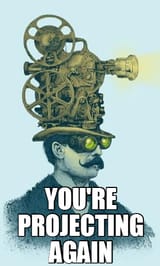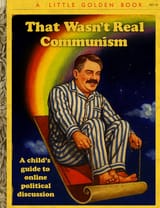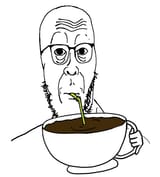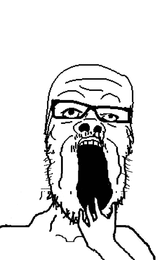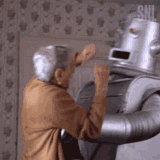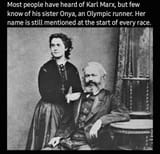>>936260530
The elaborate surveillance states, propaganda machines, and punishment systems that every communist country develops reveal that these systems work against natural human instincts rather than with them. When people are free to choose, they consistently prefer systems that give them more say in their government and more control over their economic lives.
The economic disasters in communist countries - the empty store shelves, technological backwardness, and massive waste - happened because these systems suppressed natural human tendencies to innovate, trade freely, and work toward their own goals.
Communist revolutions systematically destroyed existing institutions instead of improving them. They wiped out legal systems, social organizations, and economic arrangements that had evolved over generations to help people cooperate and coordinate their activities.
This wasn't reform - it was starting over from zero while ignoring everything previous generations had learned about making society work. The rapid collapse of communist systems once people had a choice shows how shallow their roots really were. Unlike institutions that develop gradually and earn genuine popular support, communist institutions existed mainly through force.
Communists claimed to represent all working people everywhere, but their universalism was based on abstract theories rather than actual human experience. Instead of looking at what political arrangements actually helped people flourish throughout history, communist ideology deduced what people's interests "should be" from theories about economics.
This led communist governments to suppress religious practice, independent cultural life, and voluntary associations because these didn't fit their theoretical framework. Real universalism, based on natural law, recognizes that human flourishing takes many different forms and protects people's freedom to pursue their own vision of a good life.





